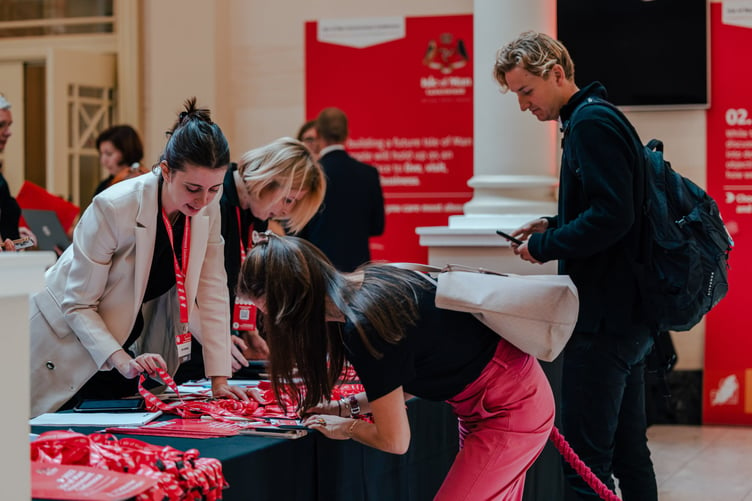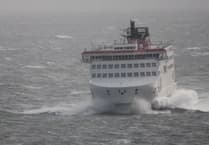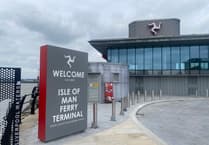Ministers and officials answered questions from the public at an event this week.
The first Isle of Man Government Conference took place at the Villa Marina.
It gave people the chance to ask questions on some of the most important topics facing the island.
A series of talks and panels saw politicians, including members of the Council of Ministers, lay out the government’s plans for the future and address questions from attendees on topics such as healthcare, housing, taxation, education and the island plan.
Chief Minister Alfred Cannan MHK was the subject of his own Q and A session with questions, ranging from the price of a ticket with the Steam Packet, immigration, a new school for the south and higher education options in the island.
On the latter topic, Mr Cannan hinted at a possible development in terms of a higher education campus beyond the remit of the existing University College Isle of Man, that could not only cater for local students but also attract young people from elsewhere saying the idea is ‘in our minds’.
Discussing immigration, the Chief Minister acknowledged that this was an area of policy that needed clarifying in response to the government’s plans to increase the Isle of Man population to 100,000.
He avoided giving a deadline for the long proposed new school in the south of the island, to replace Castle Rushen, but said that by the end of his administration there would have been ‘significant progress’ on the issue.
The issue of pricing under the Steam Packet was brought up by one attendee who compared the publicly-owned company to other ferry services in the UK claiming that one trip he made cost equivalent to £1.50 per nautical mile compared to a ferry from Aberdeen to Shetland, which cost 48p per nautical mile.
Mr Cannan explained that the government’s approach is to be mostly hands off and allow the company to exist largely on its own terms, run by people who know what they’re doing. However, he said: ‘In short, yes we are going to carry on looking at it and we are talking and have been speaking to the Steam Packet about their actions in the light of the cost of living crisis.’
One panel session saw a group of politicians and local experts take on the subject of climate change after a talk by Daphne Caine MHK, who warned that it was a real and pressing issue.
One member of the panel, Chris Gledhill, who sits on the Climate Change Transformation Board, addressed the effect of the government’s plan to increase the island’s population on our climate.
He compared the idea to increasing productivity in a business, saying that this is most often done by looking at how you can best use your existing resources over bringing new ones in, he said: ‘We don’t need to regard increasing the population as an imperative.’
Another Q and A session addressing healthcare in the island saw a panel, including Manx Care chief executive Theresa Cope and recently-appointed Health Minister Rob Callister MHK, answer a variety of issues brought up by the audience including staff shortages, wait times and the recent criticisms by the Care Quality Commission of the emergency department at Noble’s Hospital.
Ms Cope explained some of the aims of the health service including not having anybody on the waiting list for an NHS dentist by the end of the year and filling the 92 registered nurse positions that are needed at Noble’s Hospital.
When questioned on what is being done about retaining the existing nursing staff at the hospital, with the questioner pointing to wages supposedly on the same level as cleaners and supermarket workers, Ms Cope said: ‘I wouldn’t suggest that is correct in terms of a cleaner earning more than a registered nurse but we know that the pay matter is really, really important.
‘Manx Care was funded at two percent for the pay award, we have gone beyond that and offered 4% for last year and 4% for this year.’
She added: ‘The overseas recruitment campaign for registered nurses is, for us, the quickest fix in order to be able to address that 92 registered nurses gap but we know we also need a long term strategy and for us that is absolutely about supporting, training on island and focussing on retention matters.’




Comments
This article has no comments yet. Be the first to leave a comment.